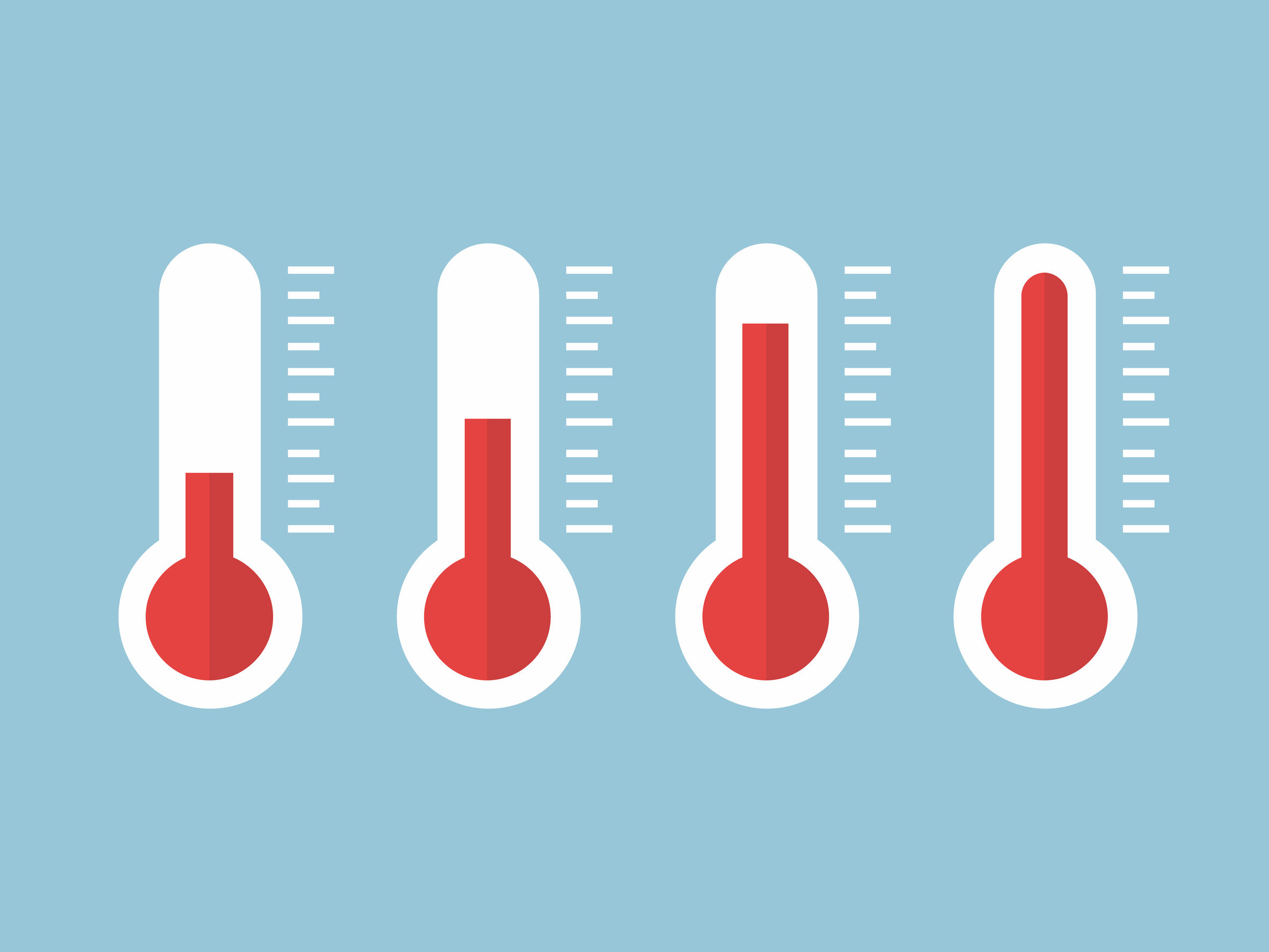The following is a guest post by Lisa Bobyak of Living Fully Balanced.
You’ve got them in your house, but have you ever thought about what truly differentiates the thermometer from the thermostat?
The thermometer in your home reads the room and adjusts to the external surroundings. It’s controlled by factors outside of itself. The thermostat is set and remains steady no matter what the external conditions are. The controls are internal and constant.
To understand why I’m talking about the HVAC system in your home when my typical subject matter isn’t focused on climate control, I’d like you to consider these common life events. How do you respond to them? Are you a thermometer or a thermostat?
- You couldn’t get in to see your doctor for three months and the day of the appointment arrives. Your appointment is scheduled for 2:00pm and you get there early to check in. As you settle in to the seat in the waiting room, you notice others are being taken back their rooms. You wait. And you wait. And you wait. Finally, at 3:30pm, a nurse calls your name and takes you back to the exam room. You get changed into the paper gown. And you wait… again. Your doctor eventually rolls into your room around 4:00pm. ARGH! Is your reaction more like a thermometer or a thermostat?
- It’s Wednesday evening and you’ve had a relatively good day at work. You’re feeling fine and you’re happy to be home. However, things quickly change when you open the door from the garage to the house. You can almost taste the tension in the air. Your six-year-old twins are arguing over who’s turn it is with the shared iPad. And your spouse is yelling at your oldest, “Turn off the TV and find your soccer equipment! If we don’t leave in five minutes, we’ll be late!”. Thermometer or thermostat?
In our busy, sometimes frenetic days, it’s so easy to get caught up in reacting to the “temperature of the room.” Without thinking about it, we often soak in other people’s emotions and before we know it, we’re the ones taking on the stress and negative emotions that weren’t ours to begin with.
It’s a natural response to react like a thermometer.
However, constantly reacting to, and being pushed and pulled by other people’s moods and agendas gets exhausting. And it’s not just tiring. Our physical health takes a huge hit when we absorb other people’s stuff.
So, what’s our protection against the constant barrage of emotional shrapnel in our everyday world?
Be a thermostat rather than a thermometer.
Thermostat people have an internal locus of control. They know they have the power to control how they respond, no matter what’s going on around them. Their reactions are controlled and they are not affected by external factors.
Thermostat people are resilient.
Resilient people are happy.
Resilient people find joy in life.
And joyful people are better at practicing self-care and being kind to themselves.

Leave a Reply
You must be logged in to post a comment.